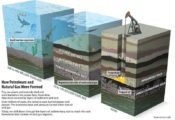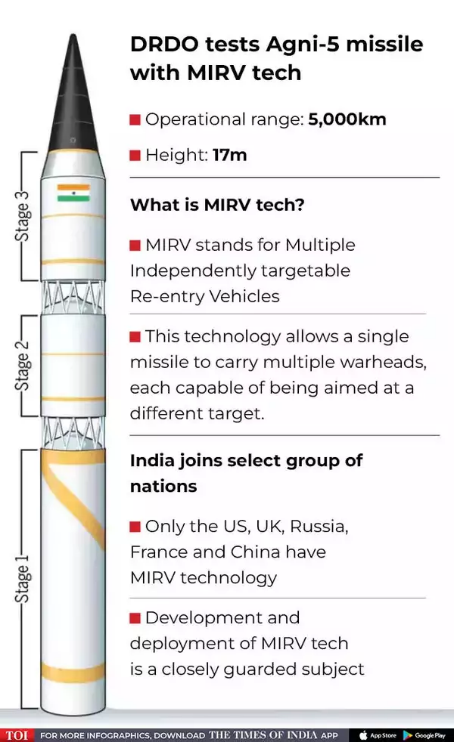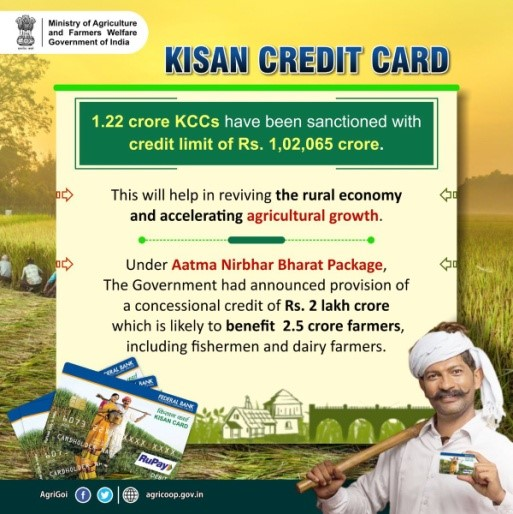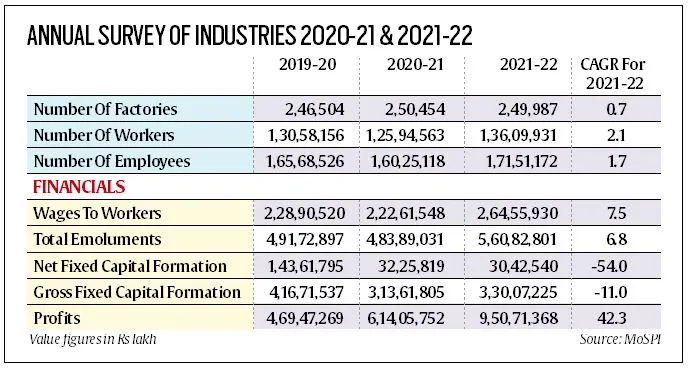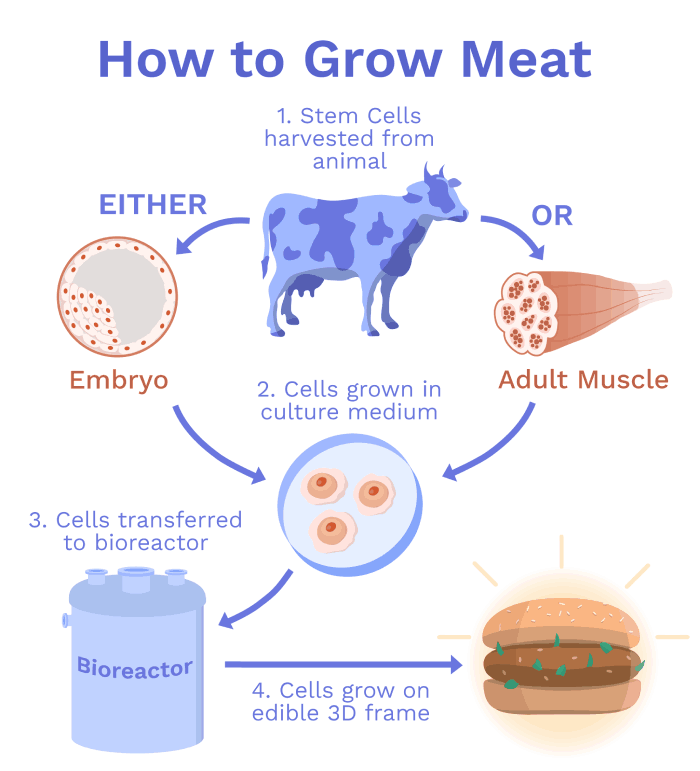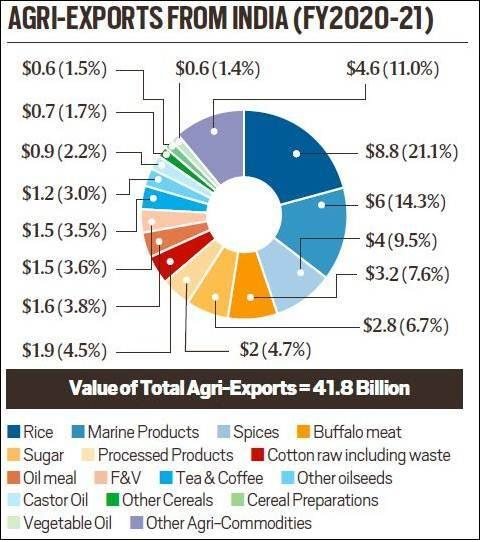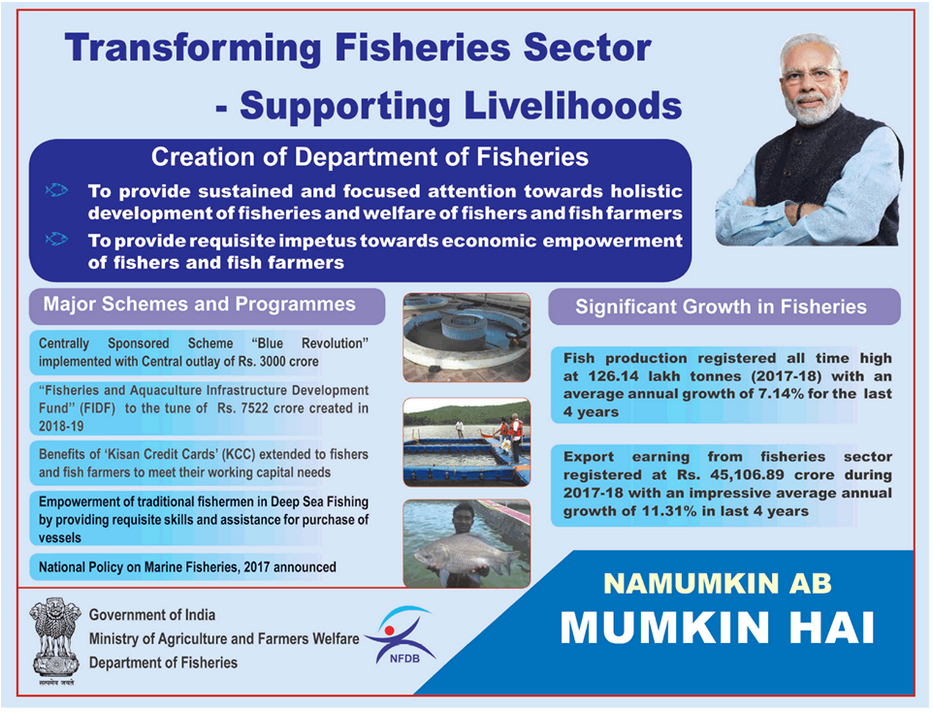
Plastic Treaty
Subscribers of "Current Affairs" course can Download Daily Current Affairs in PDF/DOC
Subscribe to Never Miss an Important Update! Assured Discounts on New Products!
Must Join PMF IAS Telegram Channel & PMF IAS History Telegram Channel
- Context (IE | IE | DTE | DTE | DTE | DTE): Global leaders will gather in Ottawa, Canada, to discuss progress in drafting a first-ever global treaty to rein in soaring plastic pollution by the year-end.
Intergovernmental Negotiating Committee (INC)
|
Why are we having Plastic Treaty Talks?
- At the U.N. Environmental Assembly in 2022, a resolution to ‘End Plastic Pollution: Towards an International Legally Binding Instrument’ was adopted.
- The world’s nations agreed to develop a legally binding agreement by the end of 2024 to address it.
- The treaty is meant to address plastics throughout their lifecycle — from production to disposal.
Challenge in Ottawa
- Countries have become divided on the issues during three previous rounds of talks, held in Punta del Este, Uruguay, Paris, and most recently, Nairobi.
What do countries want in the treaty?
- Many plastic and petrochemical-producing countries, including Saudi Arabia, Iran and China – known collectively as the group of Like-Minded Countries – have opposed mentioning production limits.
- They blocked other countries from formally working on proposed treaty language calling for production caps, chemical disclosures or reduction schedules after the Nairobi session.
- Meanwhile, the 60-nation “High-Ambition Coalition”, which includes EU countries, island nations and Japan, wants to end plastic pollution by 2040.
- This coalition has called for common, legally binding provisions to “restrain and reduce the production and consumption of primary plastic polymers to sustainable levels.”
- They also are proposing measures such as phasing out “problematic” single-use plastics and banning certain chemical additives that could carry health risks.
What does the Petrochemical Industry want?
- The trade group Global Partners for Plastics Circularity represents major petrochemical producers, including members of the American Chemistry Council and Plastics Europe.
- The group argues that production caps would raise consumer prices and that the treaty should address plastics only after they are made.
- These companies want to focus on encouraging the reuse or recycling of plastics, including deploying technology that can turn plastic into fuel.
- In terms of transparency about chemicals used in production, the group says companies should be allowed to disclose those chemicals voluntarily.
What do Corporate Brands want?
- More than 200 consumer-facing companies, including Unilever, PepsiCo and Walmart, have joined the so-called Business Coalition for a Plastics Treaty.
- They support a treaty that includes production caps, use “restrictions and phase-outs, reuse policies, product design requirements, extended producer responsibility, and waste management.”
What does Civil Society want?
- The Global Alliance for Incinerator Alternatives (GAIA) Asia Pacific has called on the Association of Southeast Asian Nations (ASEAN) to take decisive action against plastic pollution.
- The CSOs advocated for a robust international treaty that includes legally binding obligations on governments to reduce plastic production and consumption.
- They also called for focusing on the entire plastic lifecycle, emphasising that an effective agreement should address all its stages.
How do countries intend to tackle existing plastic pollution?
- EU added terrestrial and freshwater sources to be prioritised for identification & other interventions.
- Australia focused on the collection of data regarding existing pollution to enhance monitoring.
- Iran highlighted the role of developed countries and their historical responsibility for existing plastic pollution, while Russia expressed its desire to focus only on legacy plastic pollution.
- The USA did not agree to identify problematic sectors contributing to existing plastic pollution or to harmonise indicators to identify accumulation zones, hotspots, and sectors.
- India proposed forming a subsidiary body to assess each country’s current levels of plastic pollution and the financial resources required to mitigate and remediate it.
Views of Various Countries on Plastic Waste Management
- The European Union, Pacific Small Island Developing States (PSIDS) and the African group agreed to most of the provisions for facilitating environmentally sound management of plastic waste, including through collection, recycling and disposal rates as per the waste hierarchy.
- The African group also proposed that the plastic producer be responsible for managing plastic waste.
- The United States suggested identifying and strengthening the market for secondary plastics.
- Brazil disagreed with the minimum collection, recycling and disposal rates for plastic waste.
- India, Iran, and Japan view that plastic waste management activities may not necessarily follow the order of priority, and preference may be given to disposal and/or energy recovery, challenging the theory of environmentally sound waste management.
Status of Extended Producer Responsibility (EPR) globally
- There is no consensus on a harmonised global EPR; the EU is the only region to propose an EPR to incentivise “plastic reduction and reuse” in addition to high-quality recycling.
- Africa has requested for intersessional work on this issue and the Pacific Small Island Developing States (PSIDS) have suggested that the governing body would adopt the modalities in the subsequent sessions.
- Japan and Norway have advocated for a sector-specific EPR.
- The United States and India have demanded a national approach. The US, though, has disagreed with placing accountability on producers.
- Both India and the US have removed strong language like “across life cycles and international supply chains”. China has recommended that this provision be merged with the one on waste management.
- Some countries, like the US, Iran, and Russia, have also advocated for non-fiscal EPR, thus weakening the whole idea of producer responsibility, in which the polluter walks free from the burden of basic activities like collection and recycling.
Countries on promotion and adoption of non-plastic substitutes
- Non-plastic substitutes include renewable materials like plant fibres, cellulose, starches & agricultural byproducts, which can be sustainably sourced and may biodegrade more readily.
- By incentivising the adoption of non-plastic substitutes, stakeholders aim to foster innovation, resource efficiency and environmental stewardship in material selection and product design.
- The European Union (EU) has stressed the need to foster research and innovation.
- Pacific Small Island Developing States has requested the establishment of a process for assessing the safety and sustainability of potential substitutes and their impact on human health and the environment. The EU and Brazil both mentioned the life cycle assessment.
- India agreed to drive this provision with financial support and technology transfer nationally.
- Russia has expressed that it is premature to impose obligations regarding alternative materials on member states and that the focus should be on plastic waste management systems instead.
Issues within Global Plastic Trade
- Trade in Plastics encompasses a range of dimensions:
- Trade in plastic raw materials, including additives, polymers and resins derived from fossil fuels, significantly influences global plastic manufacturing and consumption patterns.
- The import and export of plastic products themselves, spanning from packaging and consumer goods to industrial materials, have further implications across regions and countries.
- While exporting plastic waste for recycling aims to alleviate waste burdens, it can introduce environmental and social challenges in recipient countries, including pollution and health risks due to insufficient waste handling infrastructure.
- Initiatives like the Basel Convention on the Control of Transboundary Movements of Hazardous Wastes and Their Disposal seek to regulate the international movement of plastic waste and promote environmentally sound waste management practices.
- African group suggested that the trade of plastics should be tracked by volume, type, and application.
- EU suggests that obligation should be exercised to non-party members on a non-discriminatory basis.
- The Pacific Small Island Developing States (PSIDS) submitted that any products not meeting the standard product design may not be eligible for trade.
Can a dedicated financial mechanism beat global plastic pollution?
- A dedicated financial mechanism is designed to provide predictable, sustainable and adequate resources to support implementation efforts in developing countries, particularly Small Island Developing States (SIDS) and LDCs.
- This mechanism is funded by contributions from all sources, including domestic, international, and private funding.
- Further, each Party is required to establish a plastic pollution fee to be paid by plastic polymer producers within their jurisdictions.
- The modalities and procedures for implementing the global plastic pollution fee are determined by the governing body.
- The provisions underscore a comprehensive approach to combatting plastic pollution, promoting financial support and capacity-building with a global focus on sustainable solutions.
- Norway and the European Union have suggested a strong financial mechanism for plastic pollution. The mechanism will not work through a dedicated fund, but by mobilising private, public, domestic and international funds.
- Ghana put up the proposal for the Global Plastic Pollution Fee (GPPF).
- The African group has proposed establishing a dedicated fund to provide financial resources for developing countries. China, India, and Iran also supported the idea of a dedicated fund.
- However, they disagreed to the idea of plastic polluters paying for environmentally sound management of plastic pollution.
- The United States has proposed that each Party should mobilise its own resources, such as domestic funds, bilateral funds, and national budgets, for national activities.
- Iran proposed that developed countries be mandated to support developing countries whose economies depend on fossil fuels and its allied products like plastics.
How is the Global North helping the South tackle plastic pollution?
- It underscores the significance of capacity-building, technical assistance, and technology transfer in empowering developing countries, LDCs & SIDS to implement effective measures against plastic pollution.
- The United States, Canada, and the European Union have proposed higher ambitions for timely and adequate capacity building of all stakeholders across the value chain.
- Russia has proposed a separate provision on technology transfer, focusing on plastic waste management. It has also mentioned about freedom of trade of technology.
Where do countries stand on a ‘just transition’ for the plastic industry?
- The concept of ‘just transition’ encompasses a socio-economic framework that aims to navigate the shift away from plastic-dependent industries towards more sustainable alternatives while ensuring equity and inclusivity.
- It particularly focuses on marginalised or vulnerable groups, ensuring they are not disproportionately affected by industry shifts and promoting social justice through inclusive decision-making processes and resource access.
- The United States and African group have expressed support for children, youth and stakeholders, including waste pickers.
- India and Japan agreed to just transition provisions, but strictly based on national regulations to promote implementation.
- Iran advocated for financing, technology transfer and capacity building from developed countries. It disagreed on legally recognising and protecting workers in waste management cooperatives.
Learn more about Plastic Pollution




![PMF IAS Environment for UPSC 2022-23 [paperback] PMF IAS [Nov 30, 2021]…](https://pmfias.b-cdn.net/wp-content/uploads/2024/04/pmfiasenvironmentforupsc2022-23paperbackpmfiasnov302021.jpg)
